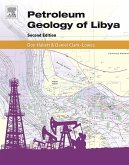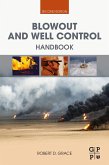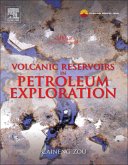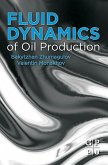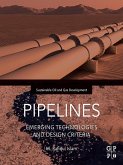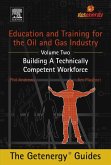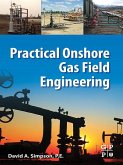The book brings the most comprehensive coverage on the subject matter, and is the only training tool for all reservoir and production engineers entering the oil and gas industry. This latest edition is enhanced with new real-world case studies, the latest advances in reservoir characterization, and a new chapter covering unconventional oil and gas reservoirs, including coverage on production techniques, reservoir characteristics, and the petrophysical properties of tight gas sands from NMR logs.
- Strengthened with a new chapter on shale oil and gas, adding the latest technological advances in the field today
- Covers topics relating to porous media, permeability, fluid saturation, well logs, Dykstra-Parson, capillary pressure, wettability, Darcy's law, Hooke's law, reservoir characterization, filter-cake, and more
- Updated with relevant practical case studies to enhance on the job training
- Continues its longstanding, 20-year history as the leading book on petrophysics
Dieser Download kann aus rechtlichen Gründen nur mit Rechnungsadresse in A, B, BG, CY, CZ, D, DK, EW, E, FIN, F, GR, HR, H, IRL, I, LT, L, LR, M, NL, PL, P, R, S, SLO, SK ausgeliefert werden.



